Description
Vascular endothelial growth factor (VEGF) is a sub-family of growth factors, to be specific, the platelet-derived growth factor family of cystine-knot growth factors. They are important signaling proteins involved in both vasculogenesis (the de novo formation of the embryonic circulatory system) and angiogenesis (the growth of blood vessels from pre-existing vasculature). VEGF is a signal protein produced by cells that simulates vasculogenesis and angiogenesis. It is part of the system that restores the oxygen supply to tissues when blood circulation is inadequate. VEGF is best known for its role in vasculogenesis. During embryogenesis, VEGF regulates the proliferation, migration, and survival of endothelial cells, thus regulating blood vessel density and size, but playing no role in determining vascular patterns. Serum concentration of VEGF is high in bronchial asthma and diabetes mellitus. When VEGF is overexpressed, it can contribute to disease. Solid cancers cannot grow beyond a limited size without an adequate blood supply; cancers that can express VEGF are able to grow and metastasize. Overexpression of VEGF can cause vascular disease in the retina of the eye and other parts of the body. Drugs such as bevacizumab and Ranibizumab can inhibit VEGF and control or slow those diseases.
Only logged in customers who have purchased this product may leave a review.

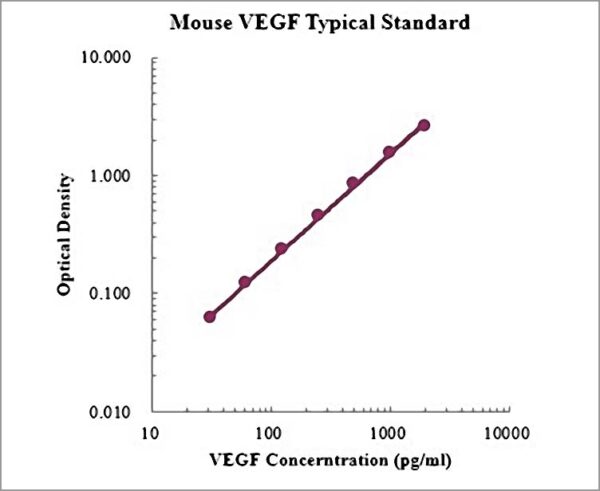
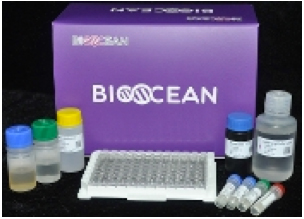

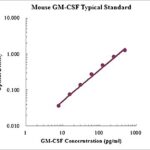
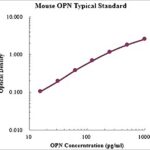


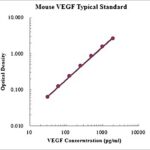
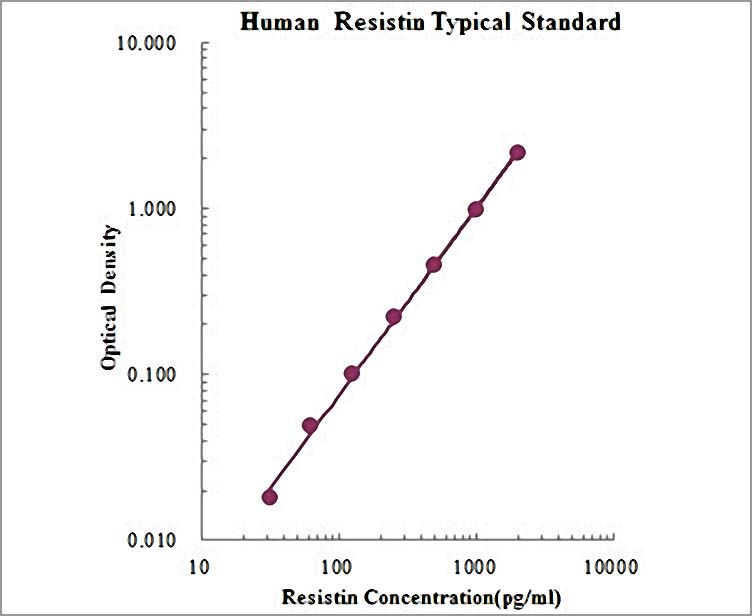
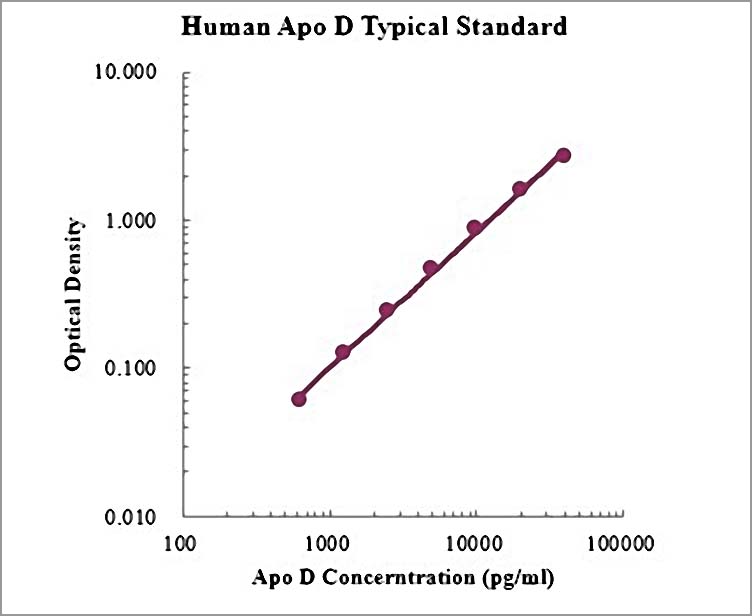
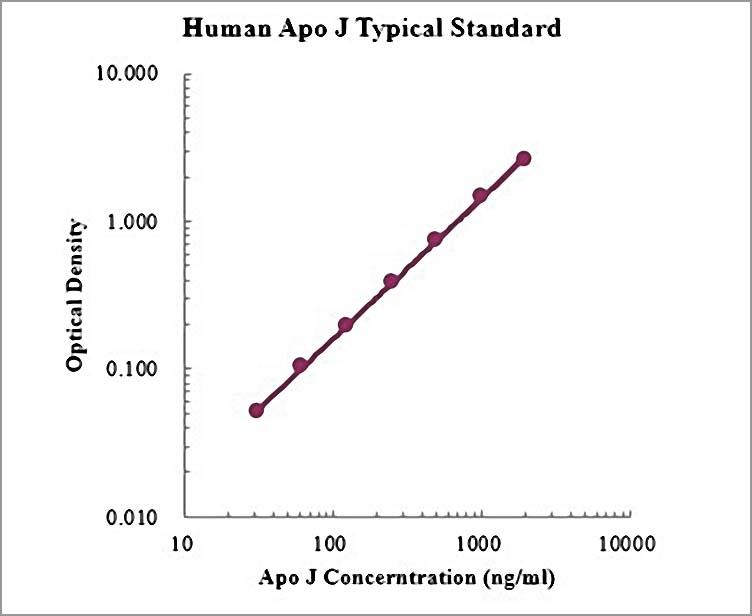
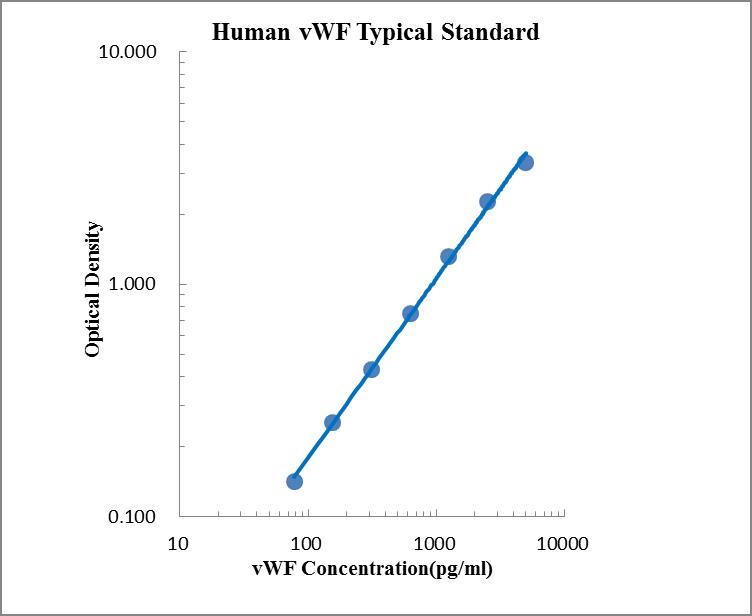

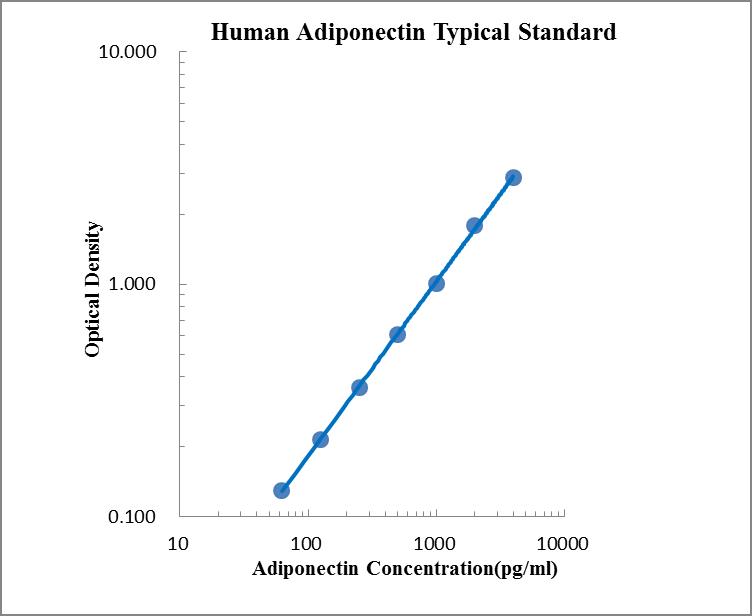
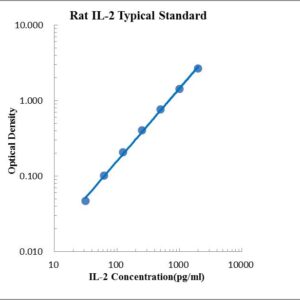
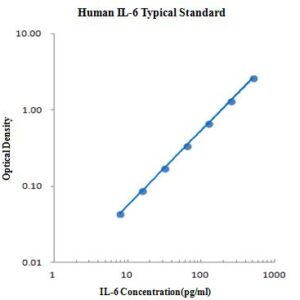
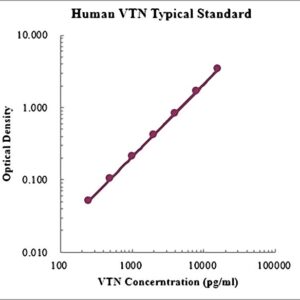
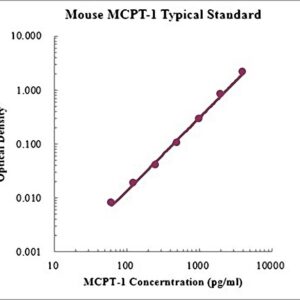
Reviews
There are no reviews yet.